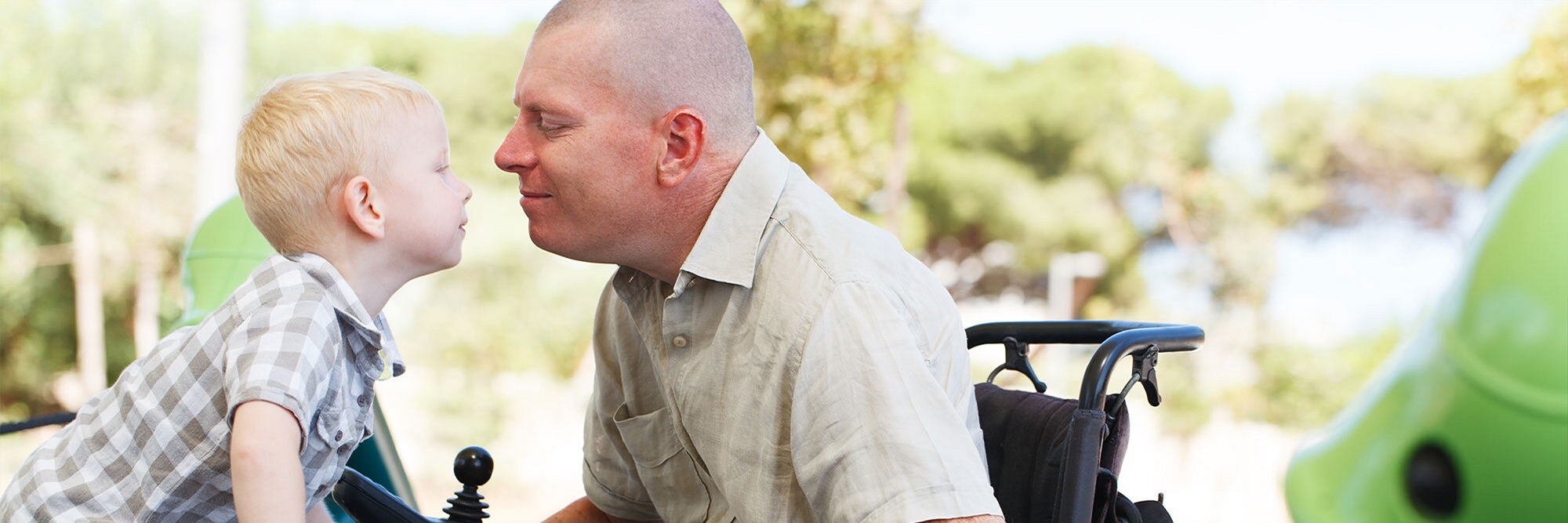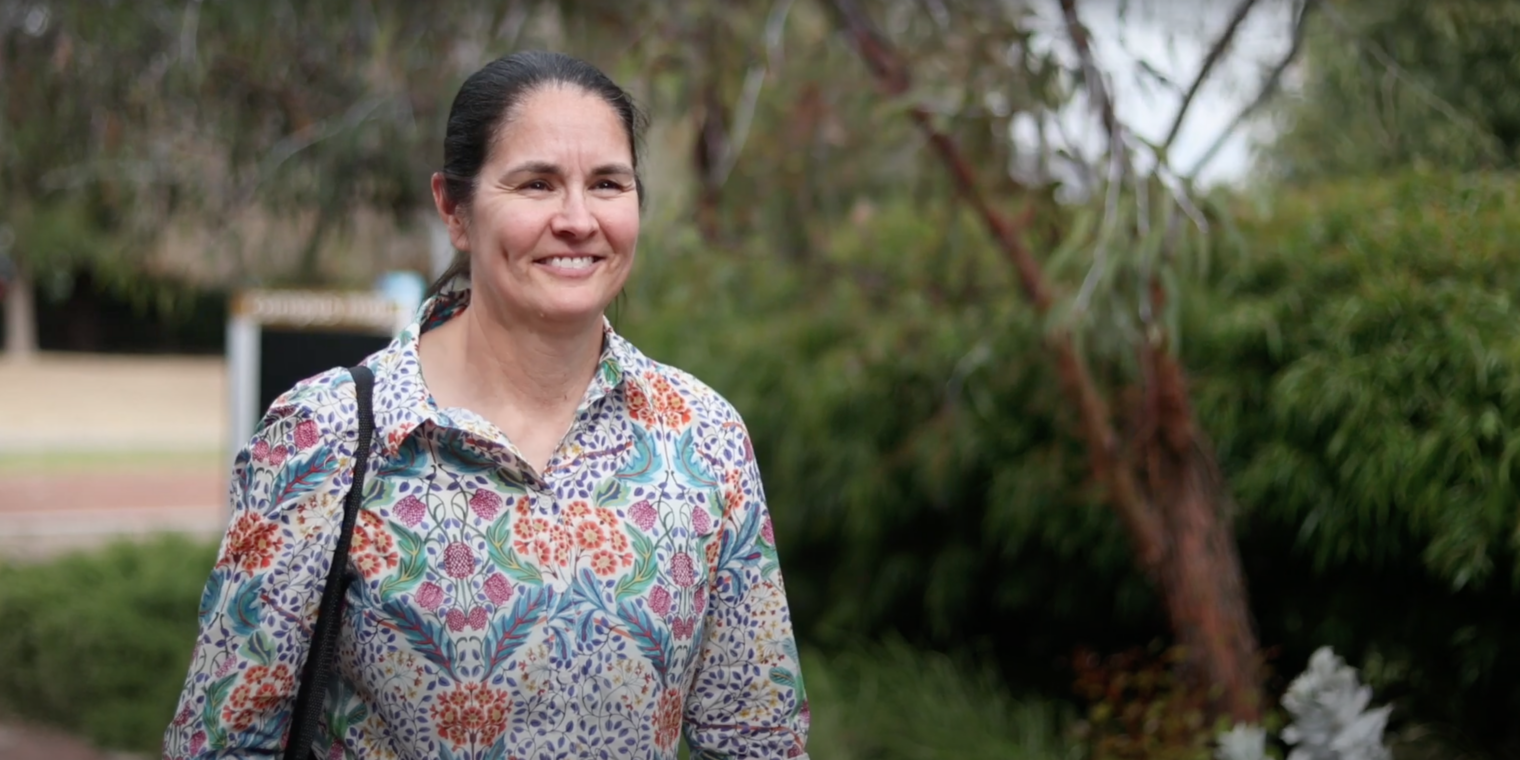At a time when our society is challenged to think differently about our care systems, Curtin researchers are driving positive change.
The new Curtin enAble Institute is helping people lead independent and healthier lives in their communities and their homes. Research projects promote health and wellbeing across the ‘whole of life’ (from maternity to end-of-life). They are directed by consumers, ensuring the projects address the issues that consumers consider to be the most important for improving their quality of life.
Our strengths
Alcohol and other drug use
Housed within the enAble Institute, the National Drug Research Institute (NDRI) conducts studies on drinking habits and risky behaviours, with findings contributing to Australian policies that prevent and reduce harms arising from alcohol and other drug problems.
In one such study, researchers trialled the efficacy of N-acetyl-cysteine, a medication also used to treat addiction to cannabis and cocaine, as well as mitigate a range of compulsive behaviours, such as gambling.
Current research teams are looking at social and environmental factors where alcohol and other drug use occurs; ways to improve the management of alcohol and other drug problems; and ways to prevent initiation and progression of alcohol and other drug use amongst young people.
Learn more:
Dementia and ageing
Dementia negatively impacts the lives of many Australians and is a major contributor to healthcare utilisation and costs.
Now, the Dementia Centre of Excellence – a cornerstone of the enAble Institute’s dementia research – is producing the knowledge needed to help people with dementia live healthier and happier lives in their homes.
Research teams are helping to reduce the risk of physical injury and falls, develop strategies to treat other conditions of ageing associated with dementia (such as Parkinson’s disease) and improve community-based systems of care for people living with dementia.
One example is the ground-breaking research and development behind “Jim” the virtual avatar, a digital entity that simulates agitation and distress in people with dementia, and effectively teaches students how to respond to and manage people living with dementia.
Learn more:
Mental health
Mental health researchers are producing tools and providing strategies to help people cope with the pressures of modern living, so they can enjoy better health and an improved quality of life.
Together, they are working on projects designed to prevent mental health challenges, help people recover quicker from mental health difficulties, prevent the risk of suicide and self-harm, and improve access and quality of care for people who have mental health challenges.
One example of this work is the Aussie Optimism program. Based on extensive Curtin research, this school-based preventive mental health program promotes mental wellbeing and builds resilience in children and pre-adolescents. More than 40,000 students have taken part, and evaluation research indicates the program reduces anxiety and depression symptoms and disorders, reduces suicidality, and increases family functioning, social skills and mental health in young children and pre-adolescents.
Learn more:
Neurodiversity, maternity & child health
Health researchers are looking at new ways to ensure children have the best start to life and are able to reach their full potential.
As well as promoting mental and physical health among mothers and their infants in the first 1000 days of life, researchers are also developing effective interventions to detect and support young people who are neurodiverse, and those who have learning, intellectual or physical disabilities.
In this space, the University offers a number of programs and tools to support individuals on the autism spectrum and their families, helping them improve their communication skills and social awareness, and their employability. Individuals can leverage their unique talents through training, educating and mentoring programs, and possible pathways to employment.
Learn more:
Disability and inclusion
We’re conducting research that enables people with disabilities to access equitable opportunities for health, wellbeing and inclusion.
Our findings inform policy and practice related to the prevention of health and injury related disabilities, and enhance therapeutic and social-inclusion-related services for people with disabilities and their supporters.






